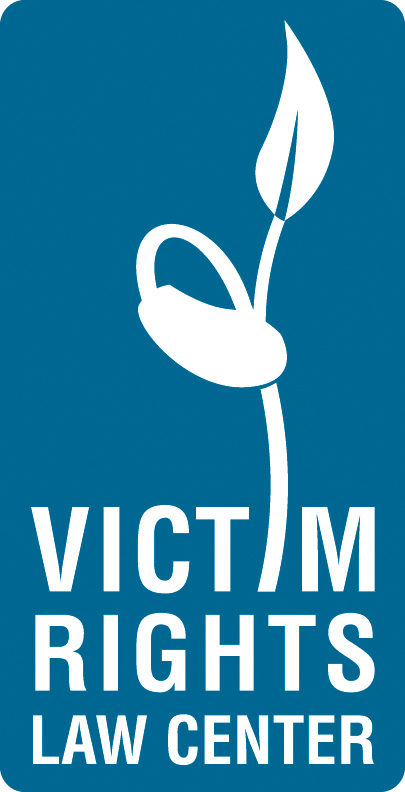Supporting Sex Trafficking Survivors: Exiting “the Life”
Supporting Sex Trafficking Survivors: Exiting “the Life”
By Alexia Tomlinson
Staff Attorney, Training and Technical Assistance, Victim Rights Law Center
This is the second blog in a series that recognizes Human Trafficking Awareness and Prevention Month. Read the first post here, and the third post here.
Many survivors of sex trafficking attempting to exit “the life” do so initially through substance use recovery programs. These survivors have many of the same needs as other survivors of gender-based violence, including support with housing, safety, and privacy. Their exit is often compounded by the very factors which contributed to the survivor ending up in “the life,” including poverty, systemic oppression, lack of education, past traumatization, and substance use.
While it is understandable – and in many instances, necessary – for survivors to prioritize their physical and psychological well-being during their initial recovery period, recognizing and responding to certain legal needs can improve short-term outcomes and long-term stability for survivors. Recovery programs are often unaware of what legal supports are available, and may lack training on the types of legal needs survivors may have. Legal services should improve outreach to and partnership with these programs, providing training to help staff recognize legal needs and connect survivors with legal support particularly in certain key areas:
1. Criminal Legal System Advocacy
As discussed, survivors of trafficking often face criminal charges and involvement with the criminal legal system as a defendant. While in “the life,” many survivors do not address criminal legal issues – fines go unpaid, probation requirements are left unfulfilled, and even warrants may go unaddressed. The longer these requirements go without being addressed, the larger the consequences for the survivor. Unpaid fines can quickly become jail time. A minor probation violation can transform into a new criminal charge. Connecting survivors with criminal legal defense – or at the very least ensuring that they have an accurate understanding of their criminal record – is integral.
2. Criminal Legal System Advocacy
Like criminal legal advocacy, issues with immigration status can quickly have significant devasting consequences for survivors. Many survivors of sex trafficking are not citizens or residents of the United States, often their immigration status is one of the factors contributing to their victimization. This is particularly true for survivors who experienced both sex and labor trafficking, as their immigration status may be dependent on an exploitive employer. Often, these survivors in do not have an accurate understanding of their immigration status, as the documentation may have been handled by family members or employers. It is integral that survivors are connected with legal support to ensure they do not face immigration detention or deportation. Where a survivor is already facing immigration concerns, it is vital they are connected with legal representation to navigate the immigration system and, if appropriate, seek relevant immigration remedies, such as a T-visa.
3. Vital Documents
Finally, survivors of sex trafficking often do not have vital identity documents such as birth certificates, driver’s licenses, or social security cards. Access to these documents – or at least the information they contain – is often required for housing, job, or education applications. Even some types of social services require proof of identity to access. It is difficult, and may be impossible, for survivors to fully exit “the life” and achieve goals they have identified without access to these vital documents. The fewer documents the survivor has access to, the more difficult it is to obtain any proof of identity. For example, obtaining a replacement driver’s license may require your social security number, or a notary’s signature (which requires proof of identity!). Survivors may not always need legal support to obtain these vital documents, but if the documents have been stolen or the survivor needs a new social security number, then legal advocacy may be necessary to ensure their needs are met.
Alexia Tomlinson is a Staff Attorney with the Training and Technical Assistance team. Her prior representation of survivors of sex trafficking, in the United States and abroad, drives her to work to ensure every survivor of gender-based violence is supported.
